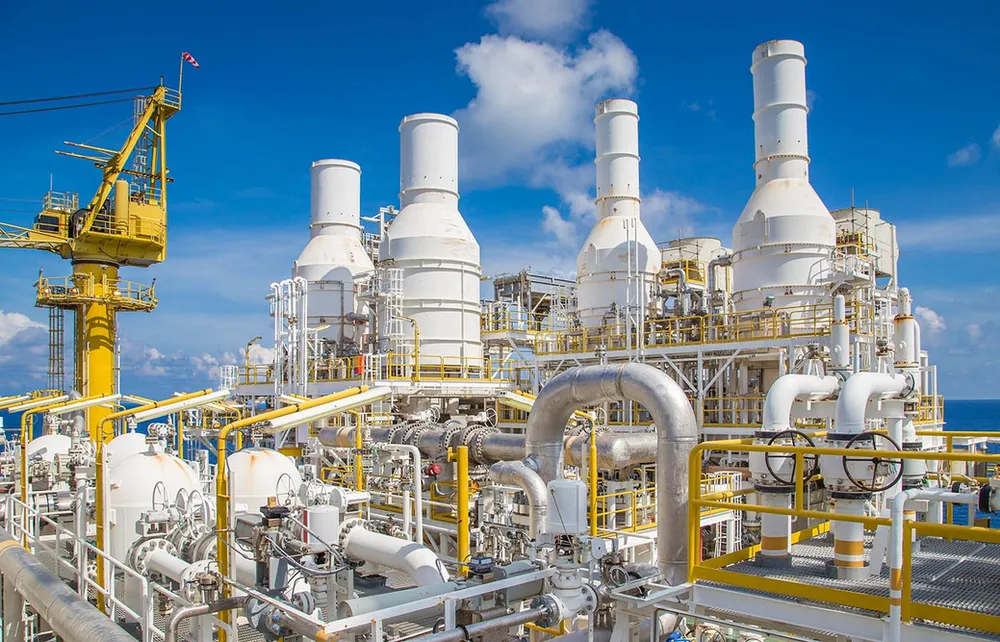
Introduction to Industry 4.0 transformation in the chemical industry
The chemical industry is undergoing a significant transformation, driven by the revolutionary Industry 4.0. This transformation involves the integration of digitization, automation, and advanced manufacturing technologies to enhance operational efficiency, productivity, and innovation within the industry. The adoption of Industry 4.0 technologies is reshaping traditional chemical manufacturing processes, enabling smart factories, predictive maintenance, and real-time data analytics.
Overview of simulation modeling:
- Virtual Representation: Simulation modeling provides a virtual representation of real-world systems, allowing for the analysis and optimization of processes, resource allocation, and task scheduling. It enables the visualization and assessment of complex chemical manufacturing operations in a controlled and risk-free environment.
- Data-Driven Analysis: By integrating real-time data and historical information, simulation modeling offers data-driven insights into the performance of chemical processes, facilitating informed decision-making and scenario planning. This enables the identification of bottlenecks, inefficiencies, and potential areas for improvement.
- Performance Evaluation: Simulation models evaluate the performance of chemical production systems under various conditions, enabling the prediction of outcomes, the assessment of key performance indicators, and the validation of new operational strategies without disrupting actual production processes.
Importance of simulation modeling in Industry 4.0 transformation
Optimizing Processes: Simulation modeling plays a crucial role in optimizing chemical manufacturing processes by analyzing process variables, identifying constraints, and optimizing resource utilization to enhance overall operational efficiency.
Risk Mitigation: It helps in mitigating potential risks associated with process changes, new technology integration, or production scale-up by simulating various scenarios, evaluating their impacts, and implementing risk mitigation strategies.
Cost-Effective Innovation: By simulating innovative technologies, equipment upgrades, and operational changes, simulation modeling enables cost-effective experimentation and assessment of new ideas before actual implementation, thus reducing investment risks.
Applications of simulation modeling in the chemical industry
Process Design & Optimization: Simulation modeling is used to design and optimize chemical production processes, ensuring maximum efficiency and minimal resource wastage.
Supply Chain Management: It aids in the efficient management of logistics, inventory, and supply chain operations, optimizing the flow of raw materials, intermediates, and finished products.
Safety Protocol Evaluation: Simulation models are employed to evaluate safety protocols, emergency response strategies, and risk assessment in chemical manufacturing facilities, ensuring a secure working environment.
Benefits of using simulation modeling in Industry 4.0 transformation
Operational Efficiency: Enhances the overall operational efficiency by identifying critical operational bottlenecks and areas for improvement.
Innovation Support: Supports innovative initiatives by enabling virtual validation of new technologies and process changes before implementation.
Risk Reduction: Reduces operational risks by simulating and evaluating the impacts of potential process changes and technology upgrades.
Challenges and limitations of simulation modeling in the chemical industry
Data Accuracy: Challenges related to accurate data input and the reliability of simulation models due to the complexity and variability of chemical processes.
Resource Intensiveness: Simulation modeling requires significant computational resources and time for model development, validation, and execution.
Model Validity: Ensuring the validity of simulation models to accurately represent the dynamic and nonlinear behavior of chemical processes.
Best practices for implementing simulation modeling in Industry 4.0 transformation
Understanding Requirements: Thoroughly understand the specific operational, production, and strategic requirements for the application of simulation models.
Data Integration: Integrate real-time data sources and historical information to build accurate and reliable simulation models for insightful analysis and decision-making.
Validation and Verification: Rigorously validate and verify simulation models against real-time operational data and scenario testing to ensure accuracy and reliability.
Conclusion and key takeaways
Strategic Decision Support: Simulation modeling provides crucial insights for making strategic decisions related to process optimization and innovation.
Operational Efficiency Enhancement: The implementation of simulation modeling can lead to a significant improvement in operational efficiency and resource allocation.
